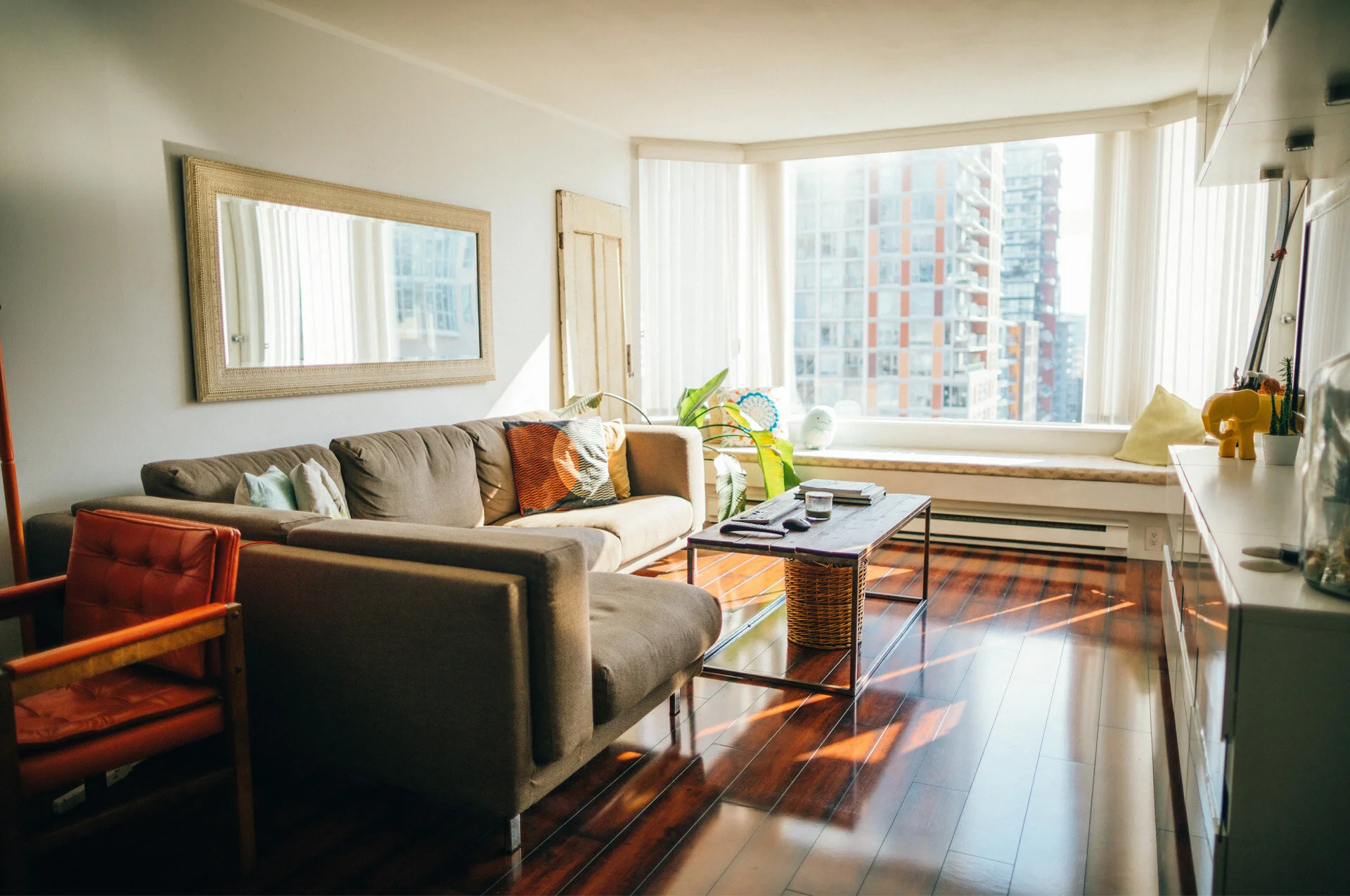2021: The year of the rent freeze
The following excerpts are taken from On the Radar newsletter.
Most tenants in Ontario will not have a rent increase in 2021. This month's On the Radar looks at who's affected by the new "rent freeze" law and how it works.
What it means for tenants
Every summer, the government announces what the rent increase guideline will be for the upcoming calendar year. This is how much a landlord can raise the rent without applying to the Landlord and Tenant Board (LTB) for a higher amount.
But this year, the government passed a special law to set next year's guideline at zero percent. This means that most rents can't be increased at allbetween January 1 and December 31, 2021.
Who's covered by the freeze
The new rent freeze law applies to most people in Ontario who rent a place to live. This includes tenants who live in:
apartment buildings and condos
basement apartments or other apartments in houses
rooming houses
mobile home parks and land lease communities
care homes and retirement homes
The rent freeze also applies to tenants who live in community housing or non-profit housing. It applies both to those who pay market rent and those who pay rent based on their income, also called rent geared to income (RGI).
And the freeze applies to units that normally are not covered by the guideline because they were first created or first lived in after November 15, 2018.
Who's not covered
The freeze applies only to residential rents, not to commercial or business rents.
And it does not apply to housing co-op members because they're not tenants. Co-op members have a say in setting their own housing charges.
Getting a notice of rent increase
As in the past, landlords must give tenants a written notice at least 90 days before the rent goes up.
The rent freeze does not mean landlords can't give notices in 2021. It just means that increases can't take effect in 2021. For example, a landlord could give a notice in September 2021 for a rent increase to take effect on January 1, 2022.
It also means that the rent can't go up in 2021 even if the landlord already gave the notice in 2020.
How rents could go up anyway
There are some ways that rents can be increased in 2021 despite the freeze.
Landlords can still apply to the LTB for "above-guideline" increases based on necessary capital expenses and increased security costs. Capital expenses are major repairs and replacements that will last for at least 5 years and are not part of regular maintenance.
The most the LTB can allow is an increase that's 3% above the guideline. Since the guideline for 2021 is 0%, the total increase can be no more than 3%.
The other way rent can still go up is if the landlord and the tenant agree that the tenant will pay more rent in return for a new service or facility. A common example is a parking space or storage locker that was not included in the rent. But landlords can't impose this kind of increase if the tenant does not agree.
All tenants not affected equally
Although the rent freeze is in effect for all of 2021, not all tenants will get a full 12 months of protection. Here's why.
Landlords have to wait 12 months between rent increases. So for most tenants, the rent goes up every year on the same date. It's usually the date the tenant moved in, so it could be any time of the year.
If a tenant's next rent increase date would have been January 1, 2021, the freeze will give them a full extra year at the same rent they were paying in 2020.
But if their next increase would have been on July 1, 2021, they will only get an extra 6 months at the same rent. That's because their landlord can give them a new increase as early as January 1, 2022, when the freeze expires.
And if someone's rent just went up on December 1, 2020, the rent freeze won't help them until December 1, 2021. Their landlord can also give them a new rent increase as early January 1, 2022. So that tenant will get only one month of benefit from the rent freeze.
We don't know if the government meant the law to work this way or if they'll change it so that all tenants get a full year of the rent freeze.
Getting help
If tenants think that their landlord is not following the law, it's important to get advice from a lawyer or their local community legal clinic.


